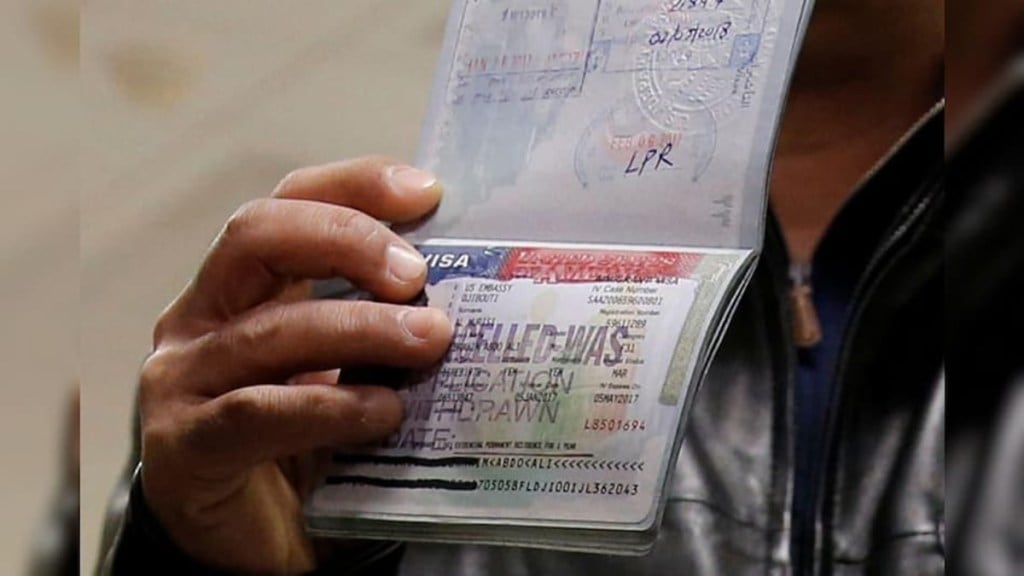Countries determine the strength of a passport based on the level of visa-free or visa-on-arrival access it grants to its citizens when traveling to other countries. A strong passport allows its holders to visit a large number of destinations without the need to apply for a visa in advance or upon arrival. Conversely, a weak passport provides limited visa-free access, often requiring its holders to obtain visas before traveling to many countries.
Strongest and weakest passports of 2023
The updated 2023 Henley Passport Index has placed Singapore as the world’s most powerful passport as its passport allows visa-free entry to 192 global destinations out of 227 around the world. Japan, which held the top position for five years, dropped to third place as the number of visa-free destinations for its passport decreased.
Germany, Italy, and Spain have all moved up to second place as they grant visa-free access to 190 destinations. The United States has slid to the eighth position whereas the United Kingdom has jumped to the fourth place.
Meanwhile, India has improved its position by five spots from last year and is currently ranked 80th on the index along with Togo and Senegal, with visa-free access to 57 countries.
In chronological order, the top 10 strongest passport in the world goes as follows:
- Singapore
- Germany, Italy, and Spain
- Austria, Finland, France, Japan, Luxembourg, South Korea, and Sweden
- Denmark, Ireland, Netherlands, and the United Kingdom
- Belgium, Czech Republic, Malta, New Zealand, Norway, Portugal, and Switzerland
- Australia, Hungary, and Poland
- Canada and Greece
- Lithuania and The United States
- Latvia, Slovakia and Slovenia
- Estonia and Iceland
Factors that contribute to the strength of a passport:
Visa Reciprocity: Countries often have bilateral agreements that allow for visa-free access between their citizens. If a country grants visa-free access to citizens of another nation, that nation is likely to reciprocate the favor.
Diplomatic Relations: Strong diplomatic relations between countries can lead to relaxed visa policies and greater visa-free access for their citizens.
Economic and Political Stability: Countries with stable economies and political systems are often seen as more trustworthy by other nations, which can lead to fewer visa restrictions for their citizens.
International Agreements: Regional and international agreements, such as the European Union’s Schengen Area or ASEAN’s visa-free travel agreements, can significantly impact passport strength within the member countries.
Security and Immigration Concerns: Countries may impose stricter visa requirements on passports from nations they consider to pose security risks or potential immigration issues.
Travel Patterns: The frequency and purpose of travel between two countries can influence visa policies. Countries with high volumes of business, tourism, or family-related travel between them may establish more relaxed visa rules.

